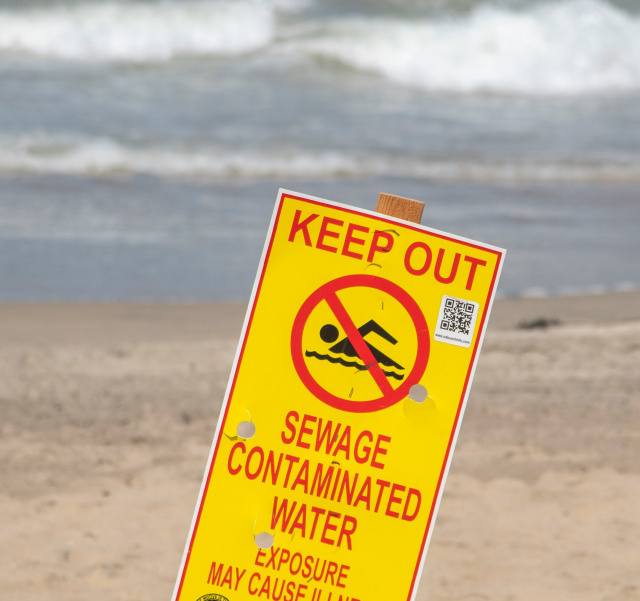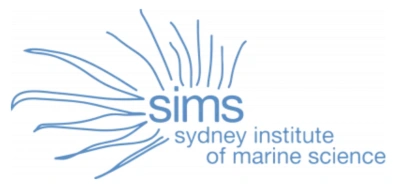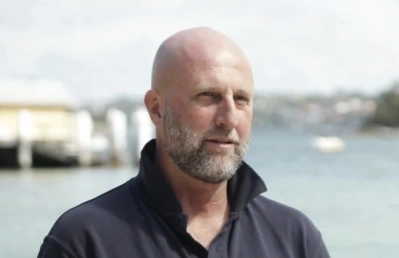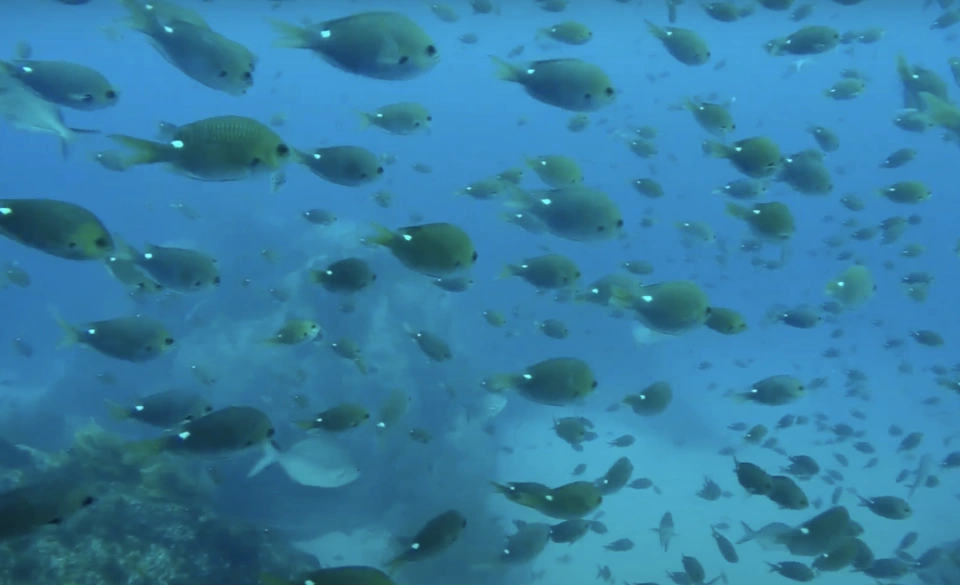Certainly as you get down towards the Opera House and further west in the Parramatta River, it's 100% built structure, there's almost no natural shoreline left.
50 years ago, we really got to a low for the marine environment of the Sydney Harbour. In the 1960s and 1970s, as a society we dumped sewage, we dumped chemicals, we didn't think about things like stormwater runoff and urbanisation, the damage that did to our environments, and we degraded the harbour dramatically.

Sure, we'll never get the shorelines back. Sediments will remain contaminated for long periods of time, but we're seeing overall improvement in the water quality.
This is reflected by the fact that you can see dolphins here. We probably see dolphins at least once a month in the harbour now, large pods of dolphins. Here in Chowder Bay, which is a really beautiful part of the harbour, we've got a colony of New Zealand fur seals that we know very little about. There's research being done on it at the moment. Do they stay here year round? Do they go to their breeding grounds in the summer? We recently had two whales on their journey, a mother and a calf that went as far west in the harbour as the harbour bridge.
So we're seeing a return, an abundance of marine life here in the harbour. But there is still a long way to go, things like a lot of the natural ecologies that are really important for spawning of, smaller fish, things like our native seagrasses have been almost completely degraded out of the harbour, and for them to return, it's going to take quite a lot of effort.

So we're seeing a return, an abundance of marine life here in the harbour. But there is still a long way to go.

Sydney Institute of Marine Science

Brett Fenton
Certainly as you get down towards the Opera House and further west in the Parramatta River, it's 100% built structure, there's almost no natural shoreline left.
50 years ago, we really got to a low for the marine environment of the Sydney Harbour. In the 1960s and 1970s, as a society we dumped sewage, we dumped chemicals, we didn't think about things like stormwater runoff and urbanisation, the damage that did to our environments, and we degraded the harbour dramatically.

Sure, we'll never get the shorelines back. Sediments will remain contaminated for long periods of time, but we're seeing overall improvement in the water quality.
This is reflected by the fact that you can see dolphins here. We probably see dolphins at least once a month in the harbour now, large pods of dolphins. Here in Chowder Bay, which is a really beautiful part of the harbour, we've got a colony of New Zealand fur seals that we know very little about. There's research being done on it at the moment. Do they stay here year round? Do they go to their breeding grounds in the summer? We recently had two whales on their journey, a mother and a calf that went as far west in the harbour as the harbour bridge.
So we're seeing a return, an abundance of marine life here in the harbour. But there is still a long way to go, things like a lot of the natural ecologies that are really important for spawning of, smaller fish, things like our native seagrasses have been almost completely degraded out of the harbour, and for them to return, it's going to take quite a lot of effort.

So we're seeing a return, an abundance of marine life here in the harbour. But there is still a long way to go.
Love what you're reading? Support Sydney Institute of Marine Science donate to support them now
Donate hereYou might like...

Sydney Harbour’s extraordinary marine biodiversity

Sydney Harbour – a river valley flooded in the last ice age

Restoring Sydney Harbour’s seagrass

Saving White’s Seahorse
Newsletter
Sign up to keep in touch with articles, updates, events or news from Kuno, your platform for nature
